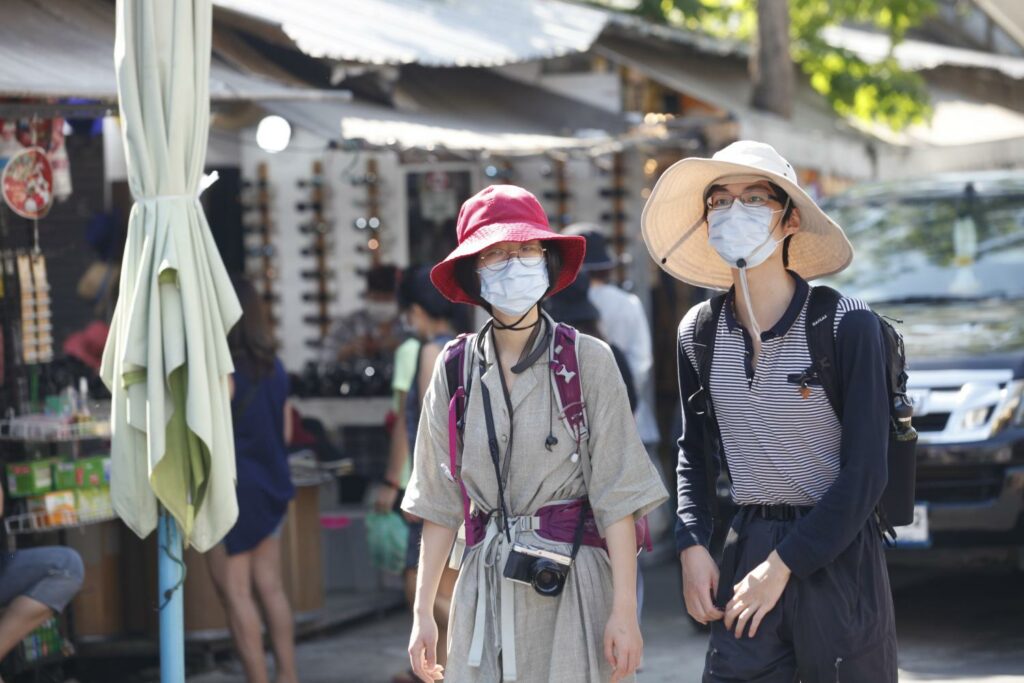Coronavirus, or the exotically named Covid-19, is the new C-word, at least in the world of travel and tourism. Media and social media hype are combining to create a crisis in the industry that will have repercussions long after the immediate hysteria subsides.
The effects are about so much more than tourism statistics, they are about real people, real lives, real jobs and real struggles. Every cancelled trip adds up to a climate of fear and uncertainty within the travel industry and companies begin to tighten the purse-strings. It has an impact all the way down the food chain as overseas tour operators cancel holidays, airlines ground flights and local DMCs cancel itineraries.
This, in turn, means hotel cancellations, tour guide cancellations, vehicle cancellations, restaurant cancellations, excursion cancellations and so it goes on. This can have a negative impact on morale in a brittle industry in a less-developed country where the margins between progress and poverty are wafer-thin. It can also have a disastrous impact on income for those many millions of individuals involved in making a living in this industry.
Let’s pause and reflect for a moment on what has happened to date, according to World Health Organisation (WHO) statistics. Around 80,000 people have been infected globally to date, although the numbers are still spiking in some countries, and about 2700 people have died. This is undoubtedly a terrible hardship to endure for those most immediately affected, but it might be useful to put this in the perspective of some other statistics:
• 250,000 to 500,000 flu deaths occur annually according to older WHO statistics, some put the numbers at closer to 290,000-650,000 annually
• 250,000 people have been hospitalised in the USA with flu this winter alone (and it’s not over) with about 14,000 deaths
• 1,350,000 traffic-accident related deaths occur worldwide per year according to the WHO
• 228 million cases of malaria were diagnosed in 2018, of which 405,000 proved fatal, according to the WHO
• 464,000 murders took place worldwide in 2017
This information is not shared to appear fatalistic or pessimistic, but to help rediscover our sense of perspective in these dark times. Flu happens every year in every corner of the world and all-too tragically kills an awful lot of people, but we still go about our daily lives and continue to travel the world. Traffic accidents are a clear and present danger to our lives, but we still need to drive from A to B as part of our daily lives. Malaria has been a constant in many parts of the world for too many years to remember, but locals are forced to live with its threat (despite the availability of affordable treatments) and many visitors continue to travel to countries where malaria exists. Murders are a horrible reality in almost every country of the world, often quite random in nature, and the total number is beyond comprehension. However, once again, we continue to explore and experience other cultures and other places.
So let us put the C-word in its context among a myriad of other problems that face many people in many parts of the world as they go about their daily lives. Let’s not make the small medical crisis of a new flu strain become a socio-economic and political crisis that tips the world into a global recession and devastates not just the tourism industry, but every other industry on this planet. The human cost will be too great to bear and undo a generation of progress in many parts of the developing world.
